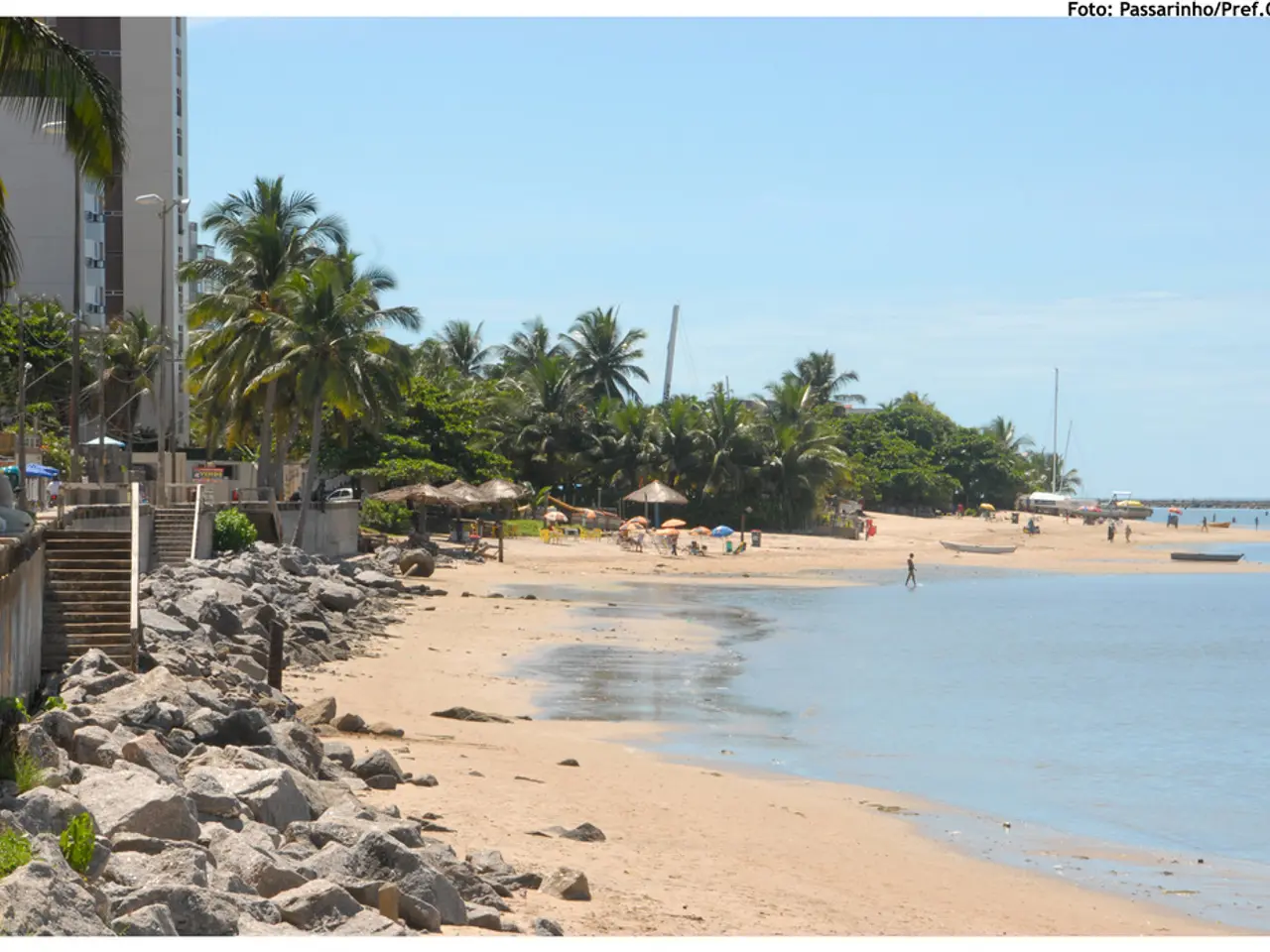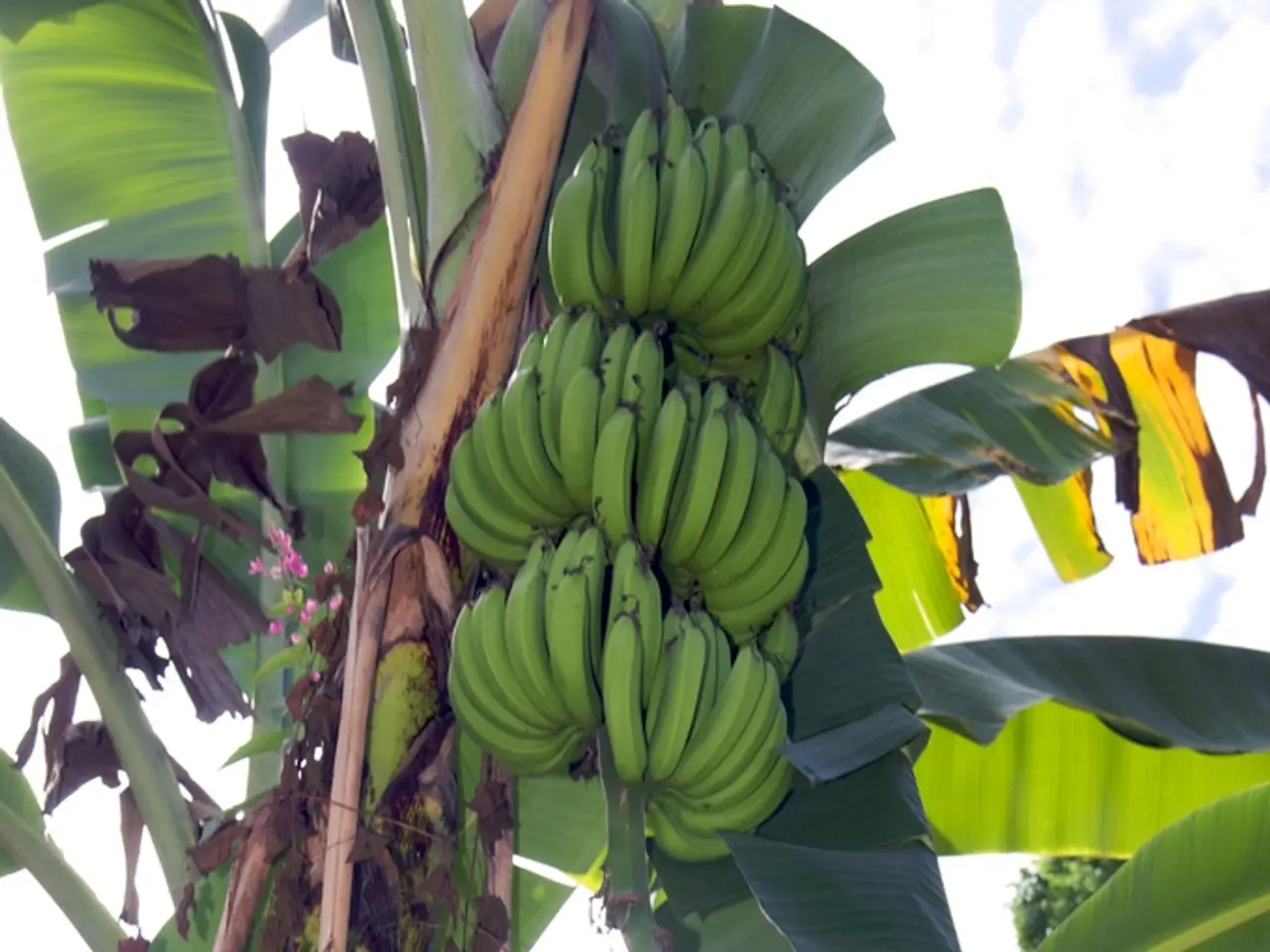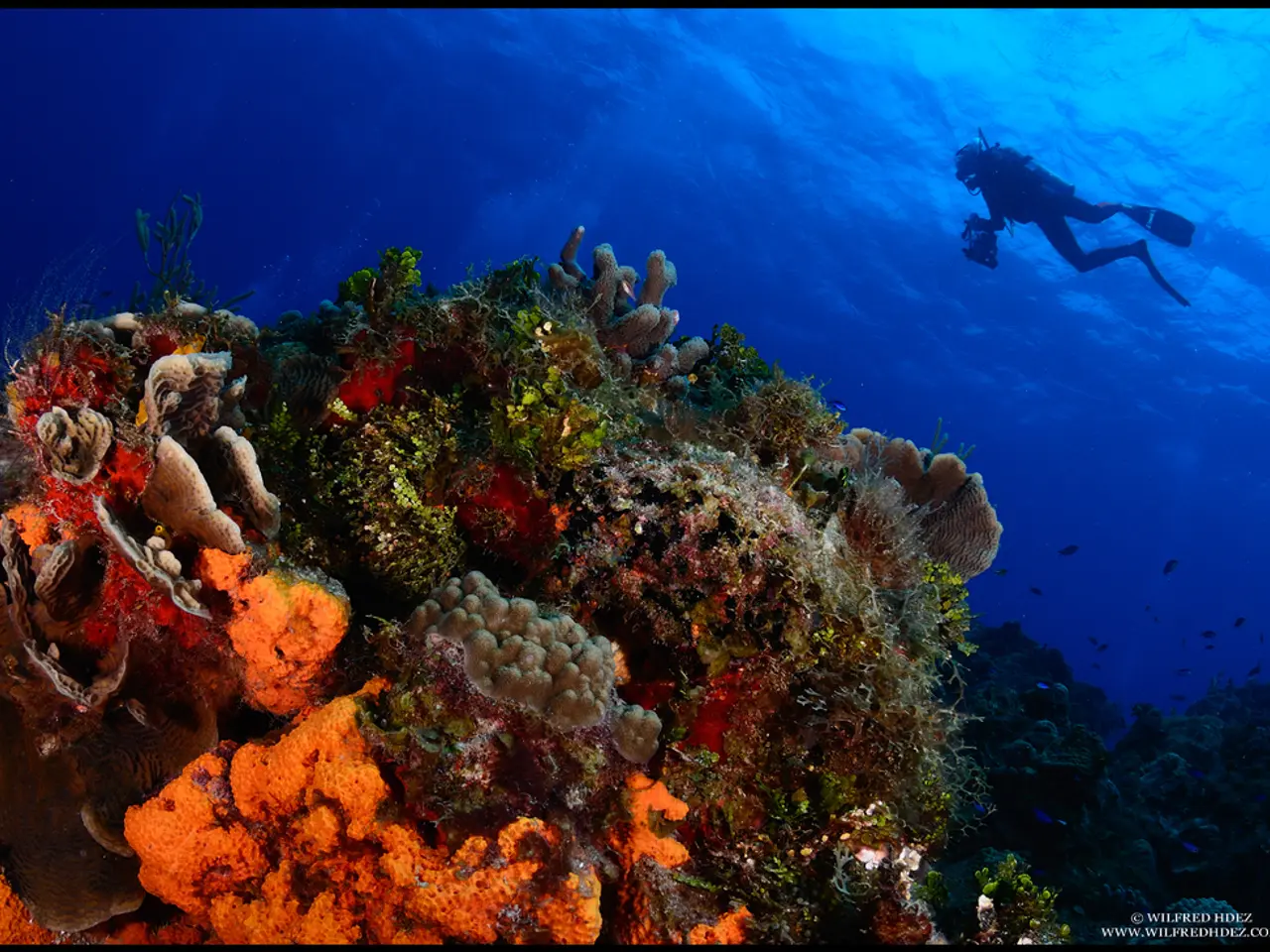Beach clean-up along Anapa coastline accomplished using mechanical means
In the picturesque town of Anapa, Russia, the "Pearl of Russia" resort, like many other beaches in the area, has been severely affected by the ongoing clean-up operations following an oil spill caused by the wreck of the tankers Volgoneft-212 and Volgoneft-239 in December 2024.
Details and Progress of Cleaning Operations
The clean-up efforts began in spring 2025 with heavy equipment such as excavators and tractors marked “Emergency Situations” and “Anapa Resorts” actively removing contaminated sand and debris from beaches, including the central beach area and neighboring spots near the "Pearl of Russia" resort.
Despite extensive cleaning, including burning off petroleum products in special ovens, the sand remains polluted with soot and carbon residues, making it unfit for typical recreational beach use. Scientists have proposed various alternative cleaning methods, such as washing sand with special chemicals or absorbents, but these were not widely adopted by city officials.
The beaches remain fragile with regular emissions of fuel oil continuing through mid-2025, complicating clean-up. Over 160,000 tons of contaminated sand and 415 tons of oil products have been removed so far, but weather changes can redistribute pollutants back onto the shore.
Due to these conditions and ongoing hazards, authorities banned beach access in many areas of Anapa, including those near the "Pearl of Russia" resort. However, reports indicate some beaches operated illegally despite the ban, resulting in fines and contract terminations for violators.
Current Status
The public health risk is evident as visitors, including families, use protective shoe covers to avoid stepping on polluted sand that still contains visible oil lumps and stains. The overall environmental disaster has also severely impacted Anapa’s tourism, with hotel bookings dropping by 30-70% compared to the previous year and the resort atmosphere affected.
Coordination and Equipment
The beach cleaning operations are being conducted in Anapa, Russia, and are being coordinated by the Krasnodar Krai operational headquarters. A total of 9.5 km (approximately 55 hectares) has been screened so far in the beach cleaning operations, with over 15 units of machinery involved. The operations are being carried out along a new section, with machinery clearing the main beach area as close to the waterline as possible.
Nikolay Zalivin, director of LLC "Anapa Resorts", stated that they are conducting initial screening using machines with 8 to 4 mm mesh sieves. The protective dike has already been removed in the area where work is being done.
Planned Area for Cleaning
The planned area for beach cleaning operations is 102 hectares. Aeration and soil turning work is ongoing on the next section of the beach cleaning operations. The beach cleaning operations are still being conducted in Anapa, Russia, with work currently underway in the vicinity of the "Pearl of Russia" resort, starting from the "Selena" area.
Impact on the Local Community
The ongoing clean-up operations have had a significant impact on the local community. Beach access remains officially banned in many areas due to health risks, and the resort is experiencing significant economic and environmental consequences. The public is urged to stay informed and follow safety guidelines to protect their health and the environment.
[1] Local News Source [2] Scientific Report [3] Government Report [4] Tourism Industry Report
Science and environmental science professionals continue to study the impact of the oil spill on the beach ecosystems in Anapa, Russia, as the clean-up operations proceed (environmental-science). Meanwhile, families and visitors are focusing on maintaining a safe lifestyle by using protective shoe covers and following safety guidelines to avoid contaminated areas and protect their health (lifestyle). In an effort to revitalize the home-and-garden sector, gardeners and landscape architects have been suggested to focus on planting hardy, oil-resistant greenery along the beaches to improve the aesthetic appeals of the affected areas and promote environmental recovery (home-and-garden).




